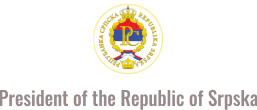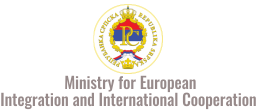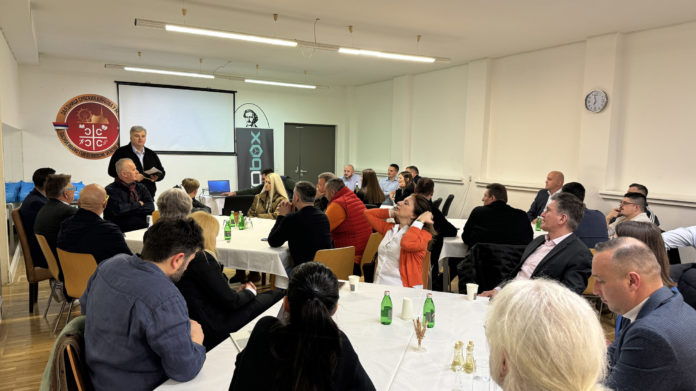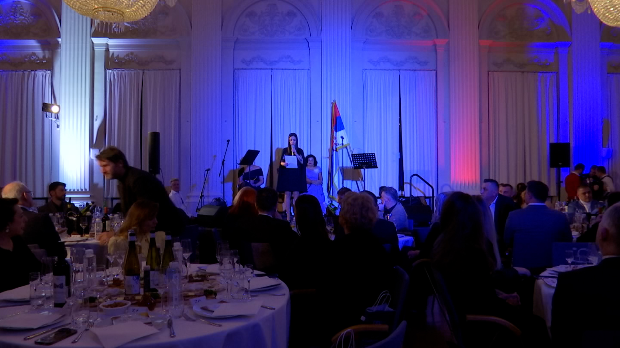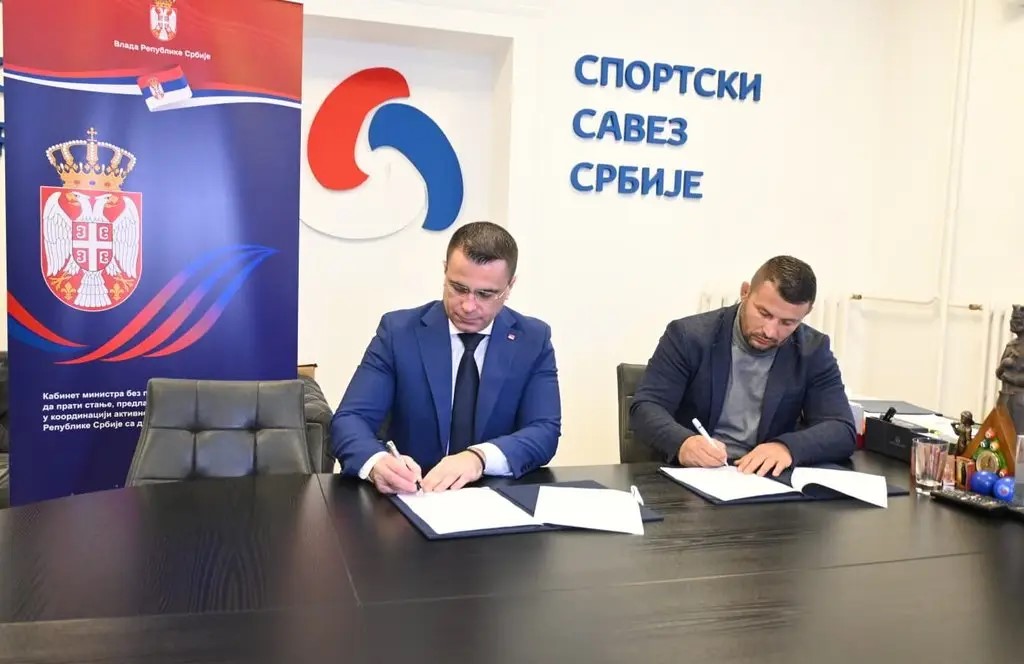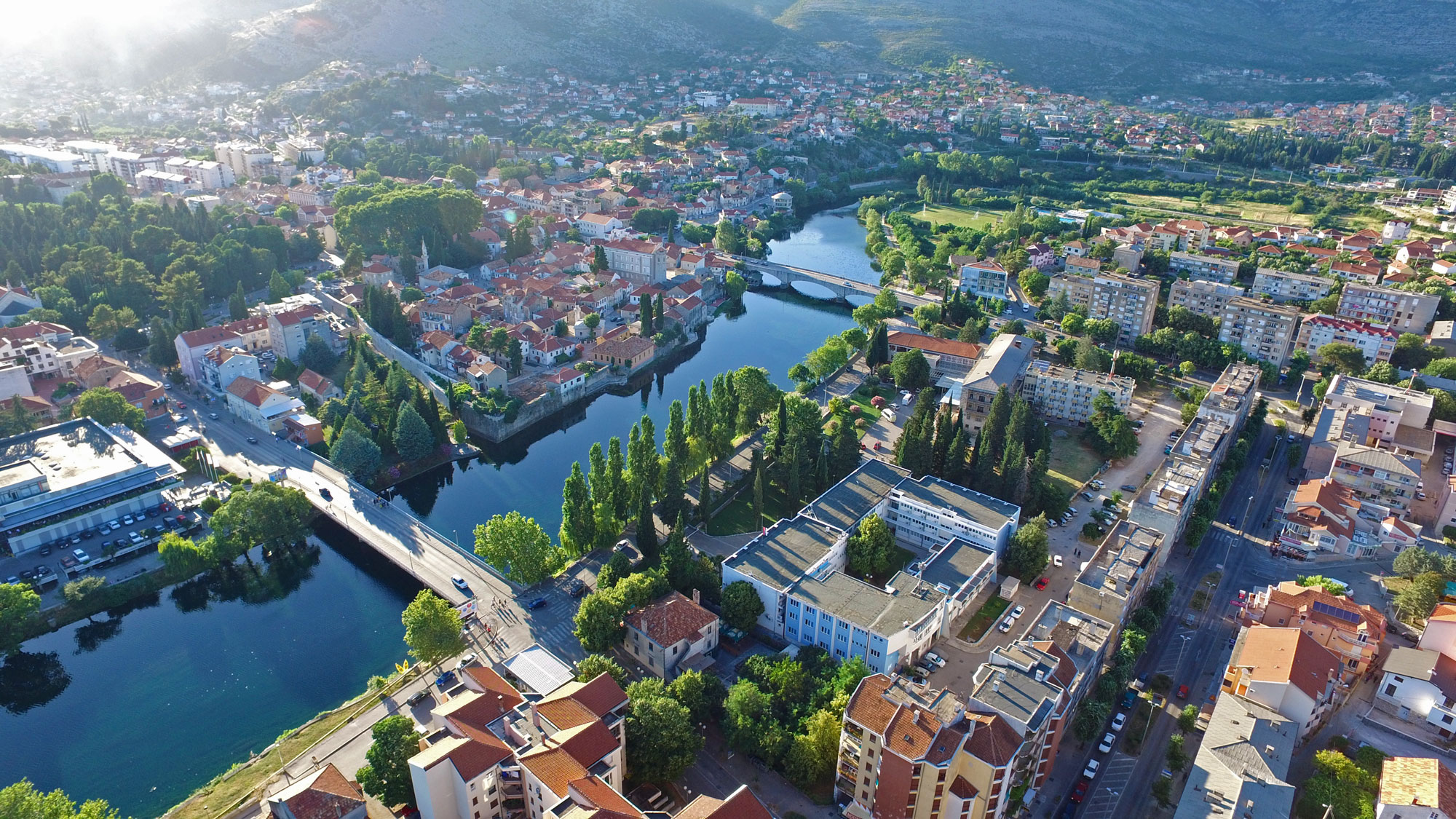The Association of Serbian Businessmen in Austria (USPA) met in the premises of the Association of Serbian Clubs in Vienna, noting the importance of networking and cooperation of entrepreneurs of Serbian origin both within Austria and with homeland businessmen.
Borislav Kapetanović said that the Association had been founded eight years ago, but only in recent years started achieving its priority goal, namely to expand, that is, to network as many Serbian entrepreneurs as possible in Austria.
– Networking for the purpose of business cooperation, both with businessmen in Austria and with those in the homeland – he explained.
Kapetanović stated that the Association organized regular meetings, attended not only by members but also by all the interested in order to meet others.
One company hosts each meeting, and this time it was the company Ekobox from Graz.
Milan Gajić conveyed that cooperation had been established with a Viennese business agency able to offer important advice to Serbian entrepreneurs. As he added, subsidies could be an important topic, bearing in mind that, no matter how large their experience, businessmen were often unaware of all the possibilities to obtain subsidies from the government.
In addition to business networking, the Austrian Association of Serbian Businessmen is also engaged in humanitarian work, and Igor Miketić announced the decision to financially support the construction of a church in Kufstein.
– We will appeal to all Serbian businessmen to involve in helping the construction of the temple and for everyone to contribute as much as they can – said Miketić.
Bojan Rankić from Ekoboks presented his company. He said that this company with headquarters in Graz had 240 employees in Serbia and BiH and plants in Srebrenica and Brus, and was engaged in the production of prefabricated modular buildings.
After the official part, the networking continued at a cocktail reception, which is often conducive to making the best deals.
Work Permits Issue
Nada Knežević, representative of the Serbian Chamber of Commerce in Vienna, noted the issue faced by many companies when bringing, for example, fitters to market their products in Austria.
– Serbia and BiH are treated as third countries, so people coming from those countries must have work permits. Although it is only a secondment to perform work, there is a long wait for such a permit, and at the same time it is limited, for example, to only 10 working days for mounting a stand of the company where they work – she conveyed.
Temporary work permits are not issued by the Ministry of the Interior, but by the Employment Service (AMS), and thus require submitting extensive documentation and imply high costs and several weeks of waiting.
Those permits, Knežević announced, will be the topic of the next meeting of the Serbia-Austria Mixed Committee, on 15 March in Belgrade.
Knežević added that the Austrian authorities were well aware of the potential of businessmen of foreign origin, who were an increasingly important factor. She noted that of all the migrant communities, the Serbian had the largest share of sole proprietors.
Lower Capital Requirement
Lawyer Milan Glišić told the present that some changes had occurred in Austrian legislation.
– The new law on company establishment provides for capital requirement lowering from EUR 35,000 to 10,000. It also introduced a ‘flexible company,’ intended for startups – Glišić said.
Source: Vesti online
Photo: Z. Mirković
